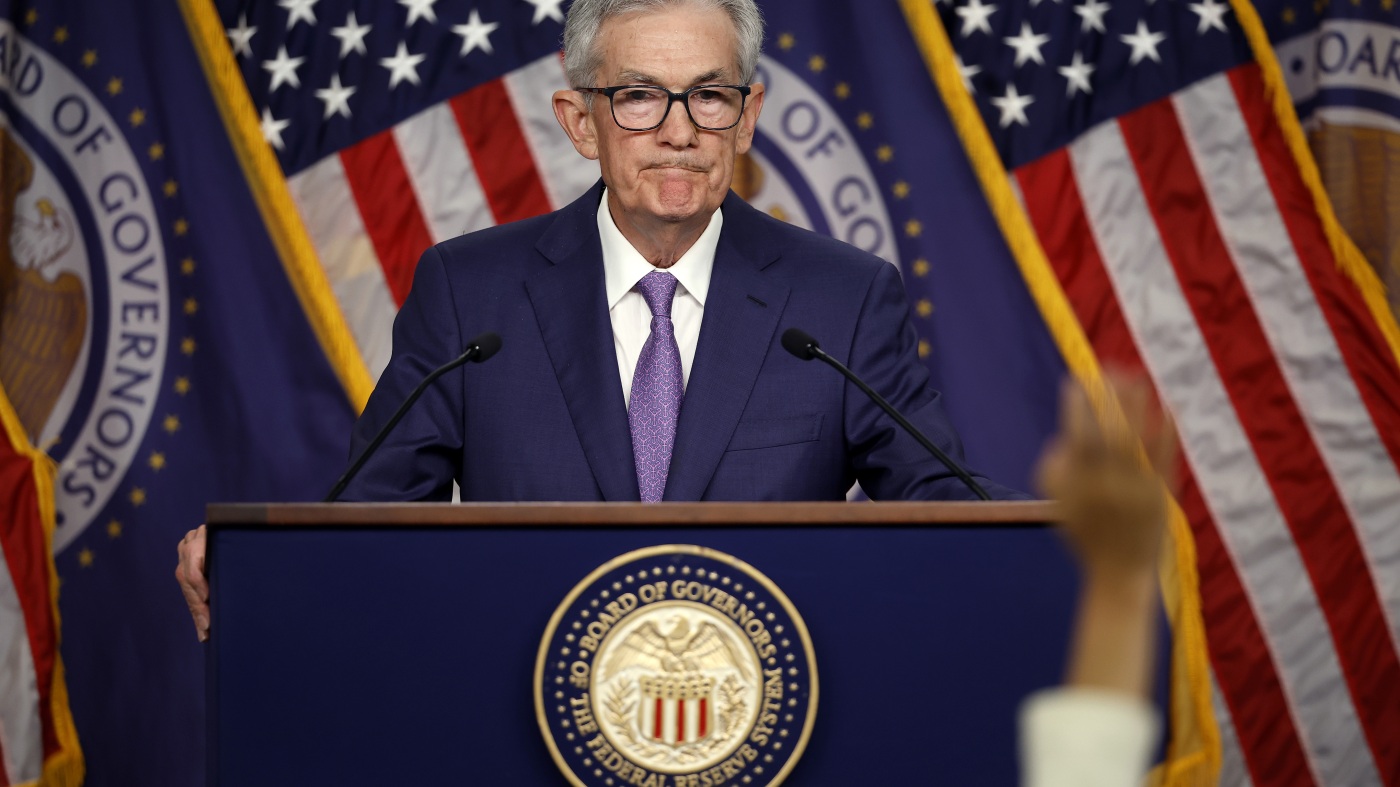Red vs. Blue: How Political Loyalty Shapes Trust in the Federal Reserve

The Federal Reserve's credibility has long danced to the rhythm of political partisanship, with a fascinating new study revealing how Americans' trust in the central bank shifts dramatically depending on which party controls the White House.
Historically, political affiliation has been a powerful lens through which citizens view the Fed's economic management. When a president from their preferred party sits in the Oval Office, supporters tend to view the Federal Reserve's actions more favorably and with greater confidence.
However, the Trump era may have disrupted this traditional pattern. The study suggests that the unprecedented political dynamics during his presidency potentially reshaped how Americans perceive the central bank's independence and effectiveness.
By examining public opinion data and political sentiment across different administrations, researchers uncovered a nuanced relationship between partisan politics and institutional trust. The findings highlight how deeply political polarization can influence perceptions of critical economic institutions.
As the financial landscape continues to evolve, understanding these complex interactions between politics and economic trust becomes increasingly important for policymakers and citizens alike.
